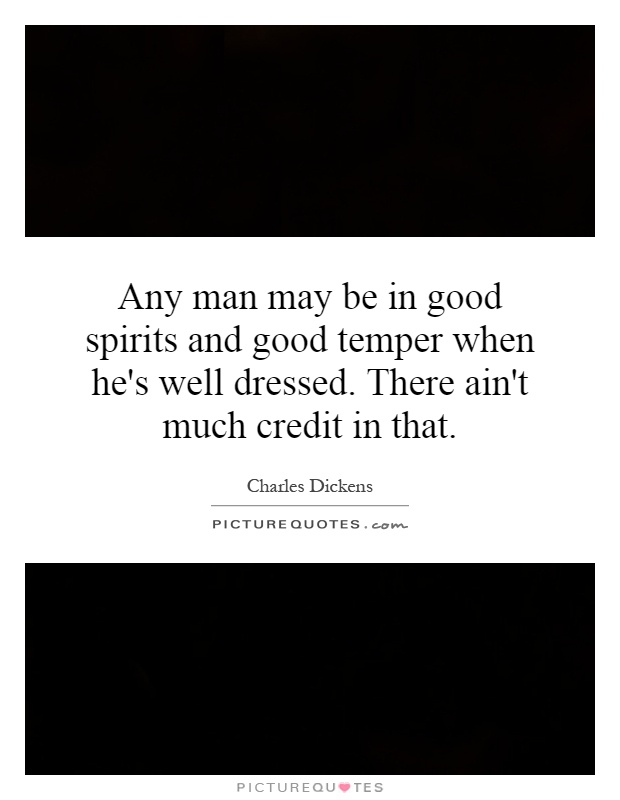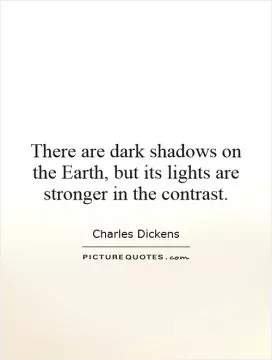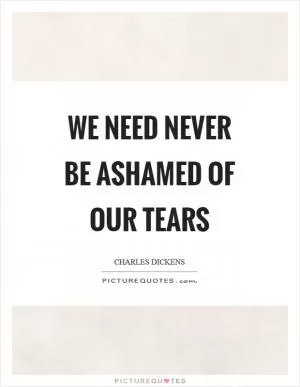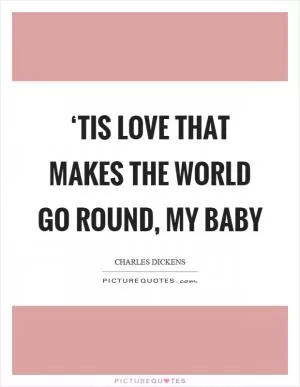Any man may be in good spirits and good temper when he's well dressed. There ain't much credit in that

L D QuotesIn Good Spirits QuotesGood Spirits QuotesGood Spirit QuotesWell Dressed QuotesCharles Dickens Quotes
Any man may be in good spirits and good temper when he's well dressed. There ain't much credit in that
In the world of Charles Dickens, appearances often play a significant role in how individuals are perceived by society. The quote, "Any man may be in good spirits and good temper when he's well dressed. There ain't much credit in that," speaks to the idea that one's outward appearance can mask the true nature of a person. In Dickens' novels, characters often use clothing and social status as a way to hide their true selves or manipulate others.One of the most famous examples of this theme can be seen in the character of Ebenezer Scrooge in "A Christmas Carol." Scrooge is initially portrayed as a cold, miserly old man who cares only about money. However, when he is visited by the ghosts of Christmas Past, Present, and Yet to Come, he is forced to confront the true nature of his character. Through these encounters, Scrooge learns that his wealth and status do not bring him happiness, and he must change his ways in order to find true joy and fulfillment.
Similarly, in "Great Expectations," the character of Miss Havisham uses her elaborate wedding dress and decaying mansion as a way to manipulate others and seek revenge on the man who jilted her. Her outward appearance of wealth and grandeur hides the bitterness and pain that lie beneath the surface. It is only through the actions of the protagonist, Pip, that Miss Havisham is able to confront her past and find redemption.












 Friendship Quotes
Friendship Quotes Love Quotes
Love Quotes Life Quotes
Life Quotes Funny Quotes
Funny Quotes Motivational Quotes
Motivational Quotes Inspirational Quotes
Inspirational Quotes